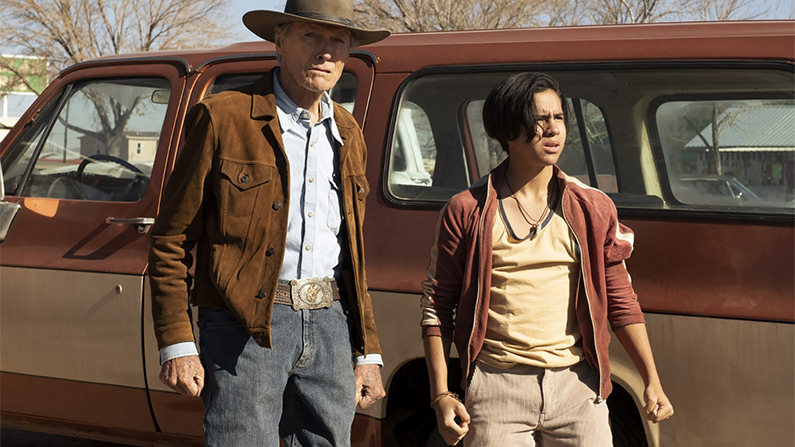The Western has never really gone out of style. But it has changed a lot over the many decades of its existence. Formerly one of Hollywood’s bluntest instruments, Cowboy movies have had to embrace a great deal of subtlety and nuance to survive into this century. The cultural insensitivities of the past are no longer forgivable. Nor are the shallow plots or binary motivations.
The “modern” Western needs a heart and brain to match its guts, and ambitious directors have risen to the challenge. There are so many wonderful exemplars, it’s hard to choose a short list. But it would certainly include “Meek’s Cutoff,” “3:10 to Yuma,” “Brokeback Mountain,” “No Country for Old Men” and still greatest of them all, “Unforgiven.” That last was helmed by Clint Eastwood himself and it was a magnificent return to the world of tidy, taciturn violence that defined his younger roles. Viewed in 1992 through a prism of wisdom and regret, it was the kind of meta-statement only he could make. Is he trying to do that again now almost 30 years later?
“Cry Macho,” out now in theaters and on HBOMax, is retrospective film about a retrospective cowboy, directed by a retrospective actor. Eastwood, who again directs and stars, plays a washed-up rodeo performer with life debts to pay. He’s sent from 1970s Texas into Mexico on the pretext of rescuing the young son of his former boss from an abusive mother.
The first thing you notice in “Cry Macho” is how good it looks. Production design is something a Western must take very seriously. The costumes. The sets. Everything on screen is governed by a visual syntax 100 years in the making. Eastwood himself is part of that language. He’s always looked like he was carved out of an oak tree and, even in his 90s, he still tugs at the camera with that squinty grit that made him famous. Watching him put on his boots again is a thrill, and that may well be this film’s greatest flaw. Everybody in it seems too awestruck by his presence to fully inhabit their own characters.
The result of all this star gazing in “Cry Macho” is acting that is uninspired across the board. So is the editing. The dialogue between Eastwood’s Mike Milo and his young traveling partner Rafo, played by Eduardo Minett, feels like the two actors recorded their lines on different days. Their rhythm is so clunky, so disconnected, the story’s emotional landmarks just blow right on by. It’s a shame too, since their conversations often hint at issues that warrant some truly thoughtful consideration. But those moments are either quickly brushed aside by empty tough guy clichés or simply allowed to peter out.
Without any real stakes to reckon with, conflicts iterate like clockwork but never really amount to much. Relationships grow out of nothing and return there without warning. The passage of time and distance proceed without any recognizable flow. I suspect “Cry Macho” was meant to be an unhurried, reflective experience. The cinematography of Ben Davis hits that mark beautifully, but the script and the performances do not. The landscapes consistently speak louder than the words in this movie. Even if that was the point, though, it’s not enough.
Clint Eastwood’s commanding charisma and credentials have probably earned him a lifetime benefit of the doubt. That said, I really hope this is not his last ride behind or in front of the camera. After such a career, a more worthy summation is in order. And it doesn’t have to be a Western.






